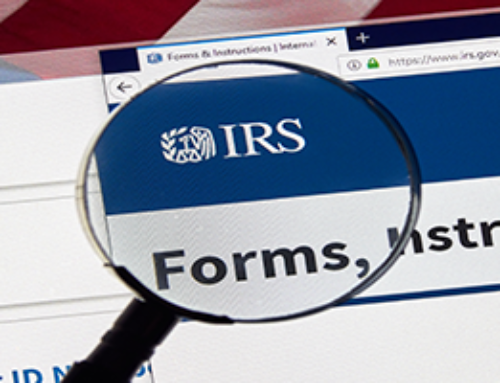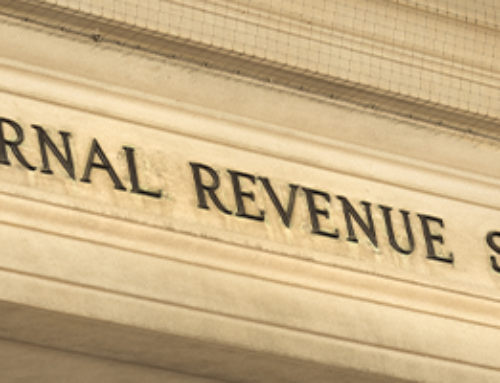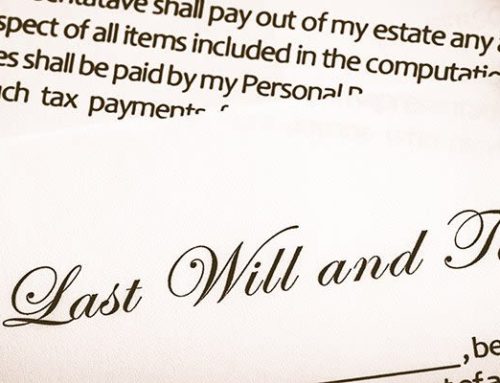The calendar hasn’t reached the holidays yet but that doesn’t mean it’s too early to think about your taxes. Chances are that you fall into one of two camps: you’re either excited to file your taxes because you’re expecting a refund or it’s just another annual chore.
No matter where you fall, you don’t want to receive an audit notice from the IRS. Each taxpayer has this in common. Fortunately, there are ways for you to decrease your chances of receiving an audit.
Certain things on your tax return will pique the IRS’ attention and not in a good way. There are things you can do to reduce your odds of an audit.
Be Honest
You may think that the IRS may not notice a few dollars here and there, but they often do. A few things that may trigger an audit include claiming too many deductions or charitable contributions. If you think you have some work deductions, great, but it may be wise to run those deductions by a tax expert.
Check Your Work.
Other times, your mistakes are unintentional. Many tax software programs try to simplify filing your taxes by having you fill your information from your W-2 line-by-line. However, there are a few ways that you can go wrong. Some ways to make math mistakes include:
-
Rounding your numbers up too high.
-
Having typos or other data entry errors.
-
Failing to report some income can throw your total income off for the year and make the IRS curious.
Tax Season Doesn’t Have to Be Stress Season
An audit can be stressful but understanding what causes the IRS to audit someone can help you in preparing your taxes to avoid receiving one yourself. Presenting your deductions and income honestly and accurately are two great ways to reduce your chances for receiving an audit later in 2020.




